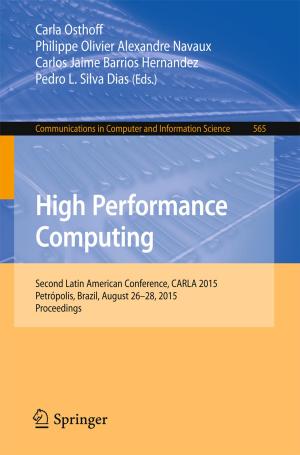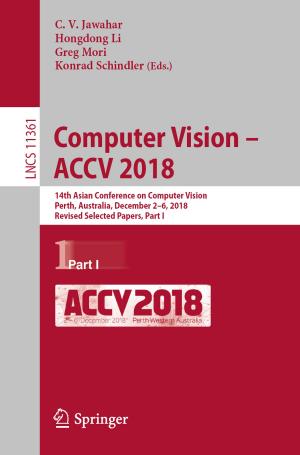Fc Receptors
Nonfiction, Health & Well Being, Medical, Medical Science, Immunology, Science & Nature, Science, Biological Sciences, Biochemistry| Author: | ISBN: | 9783319079110 | |
| Publisher: | Springer International Publishing | Publication: | August 12, 2014 |
| Imprint: | Springer | Language: | English |
| Author: | |
| ISBN: | 9783319079110 |
| Publisher: | Springer International Publishing |
| Publication: | August 12, 2014 |
| Imprint: | Springer |
| Language: | English |
This volume provides a state-of-the-art update on Fc Receptors (FcRs). It is divided into five parts. Part I, Old and New FcRs, deals with the long-sought-after FcµR and the recently discovered FCRL family and TRIM21. Part II, FcR Signaling, presents a computational model of FcεRI signaling, novel calcium channels, and the lipid phosphatase SHIP1. Part III, FcR Biology, addresses major physiological functions of FcRs, their glycosylation, how they induce and regulate both adaptive immune responses and inflammation, especially in vivo, FcR humanized mice, and the multifaceted properties of FcRn. Part IV, FcRs and Disease, discusses FcR polymorphism, FcRs in rheumatoid arthritis and whether their FcRs make macaques good models for studying HIV infection. In Part V, FcRs and Therapeutic Antibodies, the roles of various FcRs, including FcγRIIB and FcαRI, in the immunotherapy of cancer and autoimmune diseases using monoclonal antibodies and IVIg are highlighted. All 18 chapters were written by respected experts in their fields, offering an invaluable reference source for scientists and clinicians interested in FcRs and how to better master antibodies for therapeutic purposes.
This volume provides a state-of-the-art update on Fc Receptors (FcRs). It is divided into five parts. Part I, Old and New FcRs, deals with the long-sought-after FcµR and the recently discovered FCRL family and TRIM21. Part II, FcR Signaling, presents a computational model of FcεRI signaling, novel calcium channels, and the lipid phosphatase SHIP1. Part III, FcR Biology, addresses major physiological functions of FcRs, their glycosylation, how they induce and regulate both adaptive immune responses and inflammation, especially in vivo, FcR humanized mice, and the multifaceted properties of FcRn. Part IV, FcRs and Disease, discusses FcR polymorphism, FcRs in rheumatoid arthritis and whether their FcRs make macaques good models for studying HIV infection. In Part V, FcRs and Therapeutic Antibodies, the roles of various FcRs, including FcγRIIB and FcαRI, in the immunotherapy of cancer and autoimmune diseases using monoclonal antibodies and IVIg are highlighted. All 18 chapters were written by respected experts in their fields, offering an invaluable reference source for scientists and clinicians interested in FcRs and how to better master antibodies for therapeutic purposes.















